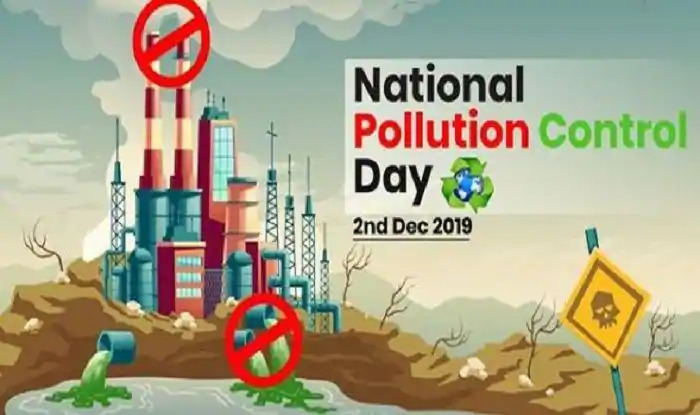New Delhi: National Pollution Prevention Day is being observed on December 2 across the country. The day is observed in the memory of people who lost their lives in Bhopal gas calamity.
Today is the 35th anniversary of Bhopal Gas Tragedy that took the life of thousands of people at the midnight on December 2 in the year 1984.
Considered as the world’s worst industrial disaster, Bhopal Gas Tragedy occurred after a highly toxic methyl isocyanate (MIC) gas made its way into and around the area situated near the Union Carbide India Limited (UCIL) pesticide plant in Bhopal.
As per official data, the incident claimed the lives of 2,259 people immediately after the incident. However, the government of Madhya Pradesh has confirmed that a total of 3787 people died due to the gas release.
Objective of National Pollution Control Day
The three major objectives of National Pollution Control Day are to spread awareness on managing and controlling industrial disasters, to prevent the pollution produced by industrial processes or human negligence and to make people and industries aware about the importance of pollution control acts.
Relevance of National Pollution Control Day
Nine out of ten people worldwide do not breath safe air. Air pollution kills 7 million people every year globally, 4 million of whom die from indoor air pollution, according to the National Health Portal of India.
A microscopic pollutant (PM 2.5) is so tiny that it can pass through mucus membrane and other protective barriers to damage lungs, heart, and brain. The key pollutants include particulate matter, a mix of solid and liquid droplets arising from fuel combustion, nitrogen dioxide from road traffic; ozone at ground level, caused by the reaction of sunlight with pollutants from industrial facilities and vehicle emissions; and sulphur dioxide, and invisible gas from burning fossil fuels like coal.
Children and old persons are highly affected by air pollution.
Air pollution is also responsible for climate change.


Comments are closed.